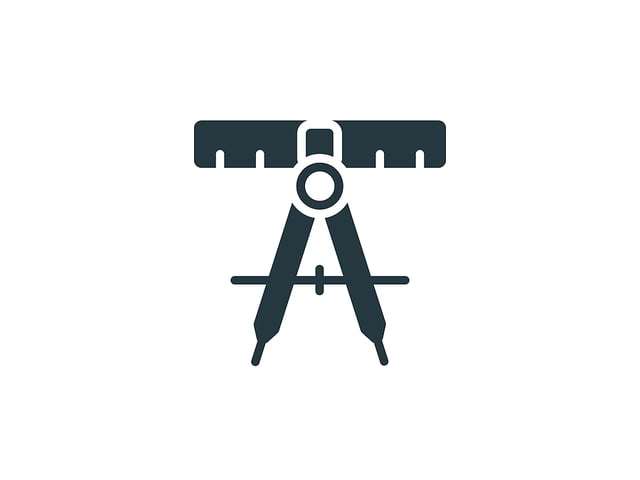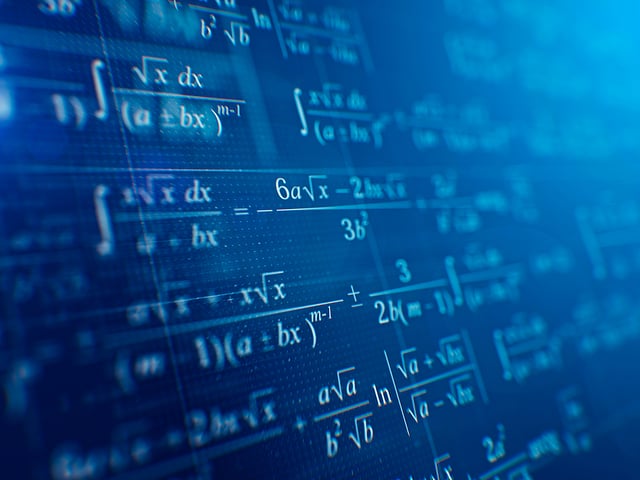
Formulas for Math on the CSET®: Geometry and Measurement
Geometry and measurement are areas of math in which you’re urged to not be inaccurate. This, somehow, seems to make it easier to make mistakes. Too often, errors come from not knowing how to handle the different types of equations so it is very important for you to be familiar with these equations.
If you’re preparing for Math on the CSET® Multiple Subjects Test, there’s a 100% chance that you will be finding geometry and measurement questions there. At Union Test Prep, we have reproduced the following set of geometry formulas so you can practice with them. Check this out:
Free CSET® Math Study Materials
Formula Chart for Number Sense, Algebra, and Statistics Problems
Geometry and Measurement Formulas
| Category | Formula | Symbols | Comment |
|---|---|---|---|
| Measurement | \(Du=Su \cdot \dfrac{Du}{Su}=Su \cdot CF\) | Du = Desired unit Su = Starting unit CF = Conversion Factor |
Multiple Steps may be needed. |
| Measurement | \(d = \sqrt{(y_2-y_1)^2 + (x_2-x_1)^2}\) | d = Distance between two points \(y_n\) = y value at point n \(x_n\) = x value at point n |
|
| Measurement | \(\Sigma \theta = (n-2) \cdot 180^\circ\) | \(\Sigma \theta\) = sum of interior angles n = number of sides of polygon |
|
| Measurement | \(a^2+b^2=c^2\) | a, b = legs of a right triangle c = hypotenuse of a right triangle |
Pythagorean Theorem |
| Perimeter | \(C = 2 \cdot \pi \cdot r\) \(C = \pi d\) |
C = Circumference (perimeter) of a circle r = Radius d = Diameter |
|
| Perimeter | \(s = r \cdot \theta\) | s = arc length r = Radius \(\theta\) = Central angle (in radians) |
|
| Perimeter | \(P = s_1+s_2+s_3\) | P = Perimeter of a triangle \(s_n\) = length of side n |
|
| Perimeter | \(P = 4 \cdot s\) | P = Perimeter of a square s = length of a side |
|
| Perimeter | \(P = (2 \cdot l)+(2 \cdot w)\) | P = Perimeter of a rectangle l = Length of rectangle w = Width of rectangle |
|
| Area | \(A = \pi \cdot r^2\) | A = Area of a circle r = Radius |
|
| Area | \(A= \dfrac{1}{2} b \cdot h\) | A = Area of a triangle b = Base h = height |
|
| Area | \(A=s^2\) | A = Area of a square s = Side length |
|
| Area | \(A = l \cdot w\) | A = Area of a rectangle l = Length w = Width |
|
| Area | \(A = h \cdot \dfrac{(b_1+b_2)}{2}\) | A = Area of a trapezoid \(b_n\) = Base n h = Height |
|
| 3-Dimensional Objects |
\(SA = \Sigma A_{fi}\) | SA = Surface area of a prism \(A_{fi}\) = Area of face i |
|
| 3-Dimensional Objects |
\(SA = 2B + (C \cdot h)\) | SA = Surface area of a cylinder B = Area of the base C = Circumference of the base h = height |
|
| 3-Dimensional Objects |
\(SA = 4 \cdot \pi \cdot r^2\) | SA = Surface area of a sphere r = Radius of the sphere |
|
| 3-Dimensional Objects |
\(V = l \cdot w \cdot h\) | V = Volume of a rectangular prism l = Length w = Width h = height |
|
| 3-Dimensional Objects |
\(V = \dfrac{1}{3} \cdot (l \cdot w \cdot h)\) | V = Volume of a pyramid l = Length w = Width h = Height |
|
| 3-Dimensional Objects |
\(V = \pi \cdot r^2 \cdot h\) | V = Volume of a cylinder r = Radius h = Height |
|
| 3-Dimensional Objects |
\(V = \dfrac{4}{3} \cdot (\pi \cdot r^3)\) | V = Volume of a sphere r = Radius |
Keep Reading

CSET Multiple Subjects Test Blog
Formulas for Science on the CSET® Multiple Subjects Test
One thing you have to keep in mind when preparing for Science on this t…

CSET Multiple Subjects Test Blog
Formulas for Math on the CSET®: Number Sense, Algebra, and Statistics
The time has come. You have to take the CSET® Test, but you don’t remem…

CSET Multiple Subjects Test Blog
Welcome to the CSET™ Multiple Subjects Test
This is one of the tests you may be required to pass before being crede…